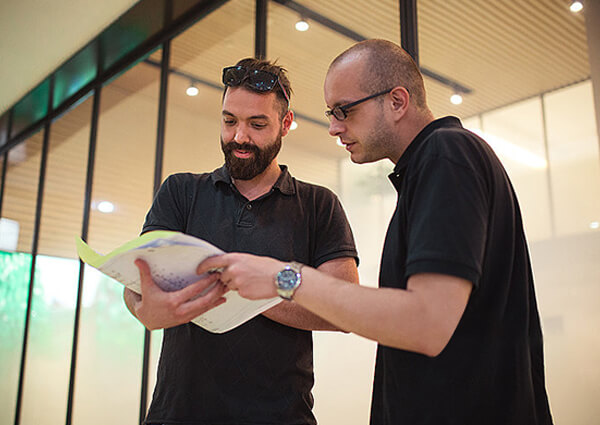SHOW CALLER
This checklist applies to large-scale exhibitions, product launches, ceremonies, and similar events. It defines the core responsibilities and decision-making authority of flow directors across pre-event, on-site, and post-event phases, serving as a standardized reference for efficient event execution.




Responsibilities of Event Flow Director
1. Full Process Planning & Rehearsals
◆ Finalize the event master plan (timeline, transition points, contingency plans)
with the planning team, and deliver an executable rundown.
◆ Lead cross-departmental rehearsals (e.g., tech, performers, hosts) to refine
process details.
2. On-site Timing & Pacing
◆ Monitor real-time progress, adjust pacing via headset/walkie-talkie
(e.g., extend interactions, shorten speeches).
◆ Provide countdown prompts to hosts and speakers, ensuring precision in
critical moments (e.g., opening ceremonies, live broadcasts).
3. Cross-Team Coordination
◆ Coordinate handovers between technical teams (lighting, audio, screens),
performers, and logistics to resolve resource conflicts.
◆ Act as the liaison between organizers and external teams (e.g., media,
sponsors) to communicate and implement special requests.
4. Technical Flow Oversight
◆ Verify AV equipment, video playbacks, and interactive system triggers with
backup plans.
◆ Direct technical cue points during rehearsals and live events (e.g., music
start/stop, lighting changes, screen content sync).
5. Emergency Decision-Making & QA
◆ Assess real-time risks (e.g., equipment failure, VIP absences, delays) and
activate contingency plans or adapt processes.
◆ Audit execution quality (e.g., stage props placement, signage visibility) to
eliminate operational blind spots.
6. Data & Feedback Integration
◆ Compile post-event reports with process optimization insights (e.g., timeline
deviation analysis, team efficiency evaluation).
◆ Report key milestone outcomes to organizers (e.g., media exposure peaks,
audience engagement metrics).
Core Competencies
◆ Mastery of end-to-end process design
◆ Rapid decision-making under pressure
◆ Experience in multitasking management
◆ Proficiency in technical terminology and tools (e.g., QLab, ProPresenter)
◆ Exceptional communication and leadership
Authority & Resources
◆ Authority to modify process sequences or remove non-critical segments
during emergencies.
◆ Access to contingency budgets (e.g., emergency equipment rentals)
with post-event reporting.
◆ Authority to recommend staffing optimizations for collaborating teams.
Note: For large-scale events, appoint an assistant director and finalize a signed process agreement pre-event to prevent disputes.